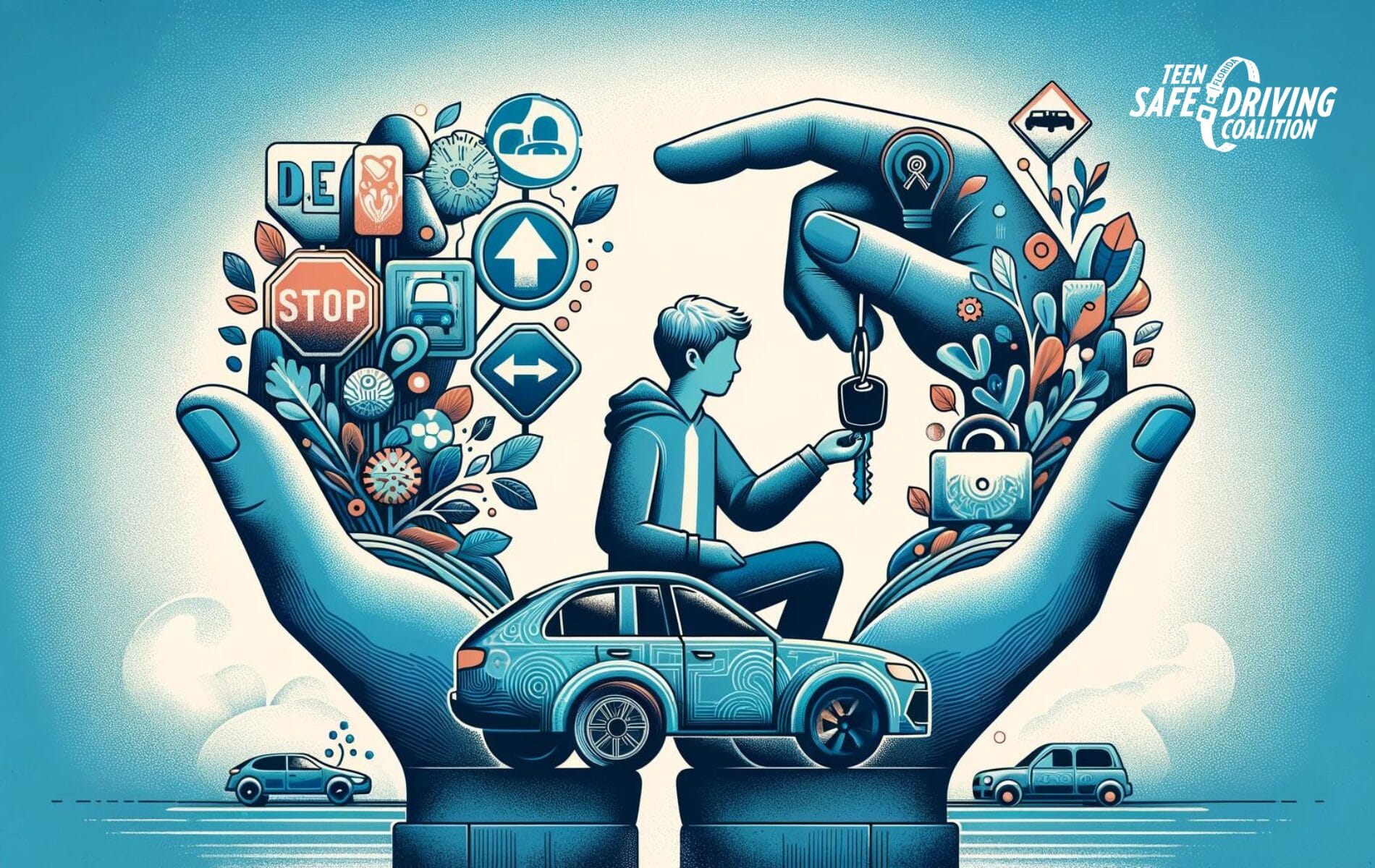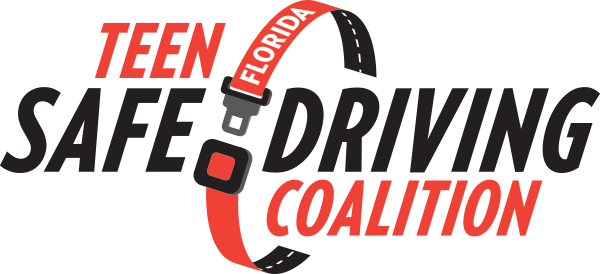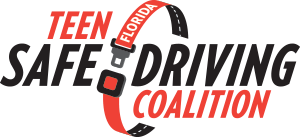
Guide for Parents: Supporting Your Teen Driver During National Distracted Driving Awareness Month
Dear Parents: As guardians of young drivers, your role is paramount in guiding them towards responsible and safe driving habits. April marks National Distracted Driving Awareness Month, a critical period to reinforce the dangers of distracted driving to your teenage drivers. This Guide for Parents offers insights and resources to help you navigate this journey with your teen.
Understanding the Risks
Distracted driving claims thousands of lives annually. Teenagers, with their limited driving experience and high susceptibility to distractions, are particularly at risk. Recognizing the common distractions—texting, using social media, eating, adjusting music, and conversing with passengers—can help in addressing these issues directly.
Open Communication
Start with open, honest conversations about the real-world consequences of distracted driving. Encourage dialogue rather than lecturing, allowing your teen to share their views and experiences. Ask about their thoughts on distracted driving and discuss news stories or reports on the subject to highlight its seriousness.
Setting Rules and Expectations
Establish clear, non-negotiable rules regarding zero phone use, no eating, and other potential distractions in the car. Consider creating a family driving agreement that outlines these expectations and the consequences for breaking them. Reinforce the importance of always keeping eyes on the road and hands on the wheel.
Leading by Example
Teens mimic adult behavior, so demonstrate good driving habits yourself. Avoid using your phone or engaging in distracting activities while driving. Your actions speak louder than words, setting a powerful example for your teen to follow.
Utilizing Technology
Technology can also be part of the solution. Apps that limit phone use while driving, GPS devices that announce directions loudly, and vehicles with safety features like automatic emergency braking can help keep your teen driver safe. Encourage your teen to use these tools as aids, not distractions.
Resources for Parents
- Parent-Teen Driving Agreement: A contract that helps establish driving rules and expectations between parents and teens.
- NHTSA’s Teen Driving: Offers tips and resources on teaching teens safe driving habits.
- DriveitHOME: An initiative by the National Safety Council providing resources, tips, and lessons designed for parents of new drivers.
- SafeTeens: Guidance on safe driving practices, including how to talk to teens about distracted driving.
- FDOT: Offers other resources and information on distracted driving in the state of Florida.
Encouraging Responsibility and Independence
While it’s important to guide and protect your teen, it’s equally crucial to trust them and encourage responsibility. Praise their efforts to drive safely and responsibly. Celebrate milestones and use positive reinforcement to encourage good driving habits.
In conclusion, your involvement in your teen’s journey to becoming a safe, responsible driver is invaluable. National Distracted Driving Awareness Month serves as a reminder of the ongoing need to discuss and promote safe driving practices. By using the tips in this guide for parents, we can help our teens navigate the roads safely and confidently.
Stay safe and drive responsibly,
Florida Teen Safe Driving Coalition

